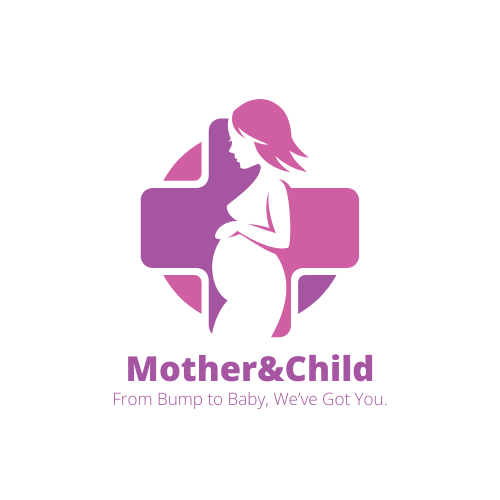🎯 Learning Objectives
By the end of this lesson, learners will be able to:
✅ Understand how breastfeeding affects jaundice
✅ Learn best practices for feeding jaundiced newborns
✅ Address breastfeeding myths common in African communities
✅ Know when to seek help for feeding challenges
🍼 Why Breastfeeding is Essential in Jaundiced Babies
Breastfeeding is not just safe for jaundiced babies — it’s one of the most effective ways to treat mild jaundice at home. That’s because bilirubin leaves the body through the baby’s urine and stool, and breastmilk helps with both digestion and hydration.
🔍 Scientific truth: Inadequate breastfeeding is a major cause of prolonged or worsened jaundice in African newborns.
📚 Reference:
-
WHO Breastfeeding Guidelines: https://www.who.int/health-topics/breastfeeding
-
American Academy of Pediatrics: https://doi.org/10.1542/peds.2022-057882
✅ Best Breastfeeding Practices for Jaundiced Babies
| Practice | Recommendation |
|---|---|
| Frequency | At least 8–12 times per 24 hours, including night feeds |
| Positioning | Use skin-to-skin contact to help baby stay awake and latch better |
| Stimulation | If baby is too sleepy (common in jaundice), gently wake them by unwrapping, tickling feet, or rubbing back |
| Milk Monitoring | Watch for wet diapers (≥6/day after Day 4) and yellow stools — a sign milk is helping clear bilirubin |
| Hydration | Do not give sugar water, glucose, or herbs — these may delay breastfeeding and worsen jaundice |
⚠️ Signs That Breastfeeding May Not Be Enough
Refer to hospital or CHW support if:
-
Baby is too sleepy to suck properly
-
Baby is feeding less than 6 times/day
-
No weight gain or weight loss >10% of birth weight
-
Baby has few or no wet diapers
-
Jaundice appears before 24 hours of age, worsens after Day 5, or spreads to arms/legs/soles
🛑 Don’t delay — such signs may mean the baby needs phototherapy or a feeding plan review.
🧭 Role of CHWs and Nurses
-
Encourage exclusive breastfeeding for at least 6 months
-
Help mothers correct latching issues
-
Arrange referral to lactation support if needed
-
Use a feeding checklist during CHW home visits
🌍 Cultural Myths & Clarifications
| Myth | Fact |
|---|---|
| “Breastmilk is spoilt if baby turns yellow.” | False – Breastmilk helps remove bilirubin. Don’t stop feeding. |
| “Give sugar water to clean baby’s body.” | False – Sugar water can delay milk intake and harm the baby. |
| “Sleepy babies shouldn’t be disturbed.” | False – Jaundiced babies sleep too much. Wake them to feed. |
💬 Pro Tip: Always respect local traditions, but offer kind, science-backed explanations to improve uptake.
🧠 Real Case – Kenya
A TBA in Kisumu noticed a Day 3 baby was yellow and too sleepy to feed. She encouraged the mother to breastfeed every 2 hours and helped with latching. The baby improved within 3 days — no hospital needed.
📝 Mini Quiz – Breastfeeding and Jaundice
Q1. How often should a jaundiced newborn be breastfed?
A. 2–3 times/day
B. Every 8 hours
C. 8–12 times/day
D. Once per night
✅ Answer: C
Rationale: Frequent feeding helps remove bilirubin through stool and urine.
Q2. Should sugar water be given to babies with jaundice?
A. Yes, it helps clean the liver
B. No, it delays milk intake and may harm the baby
C. Only if baby cries
D. Yes, after each feed
✅ Answer: B
Rationale: Sugar water has no benefit and may replace essential breastmilk.
Q3. What should you do if the jaundiced baby sleeps too much and misses feeds?
A. Let them rest
B. Rub charcoal on baby’s skin
C. Wake gently and feed more often
D. Start cow’s milk
✅ Answer: C
Rationale: Jaundiced babies need help to stay awake for feeding — gentle stimulation is key.


